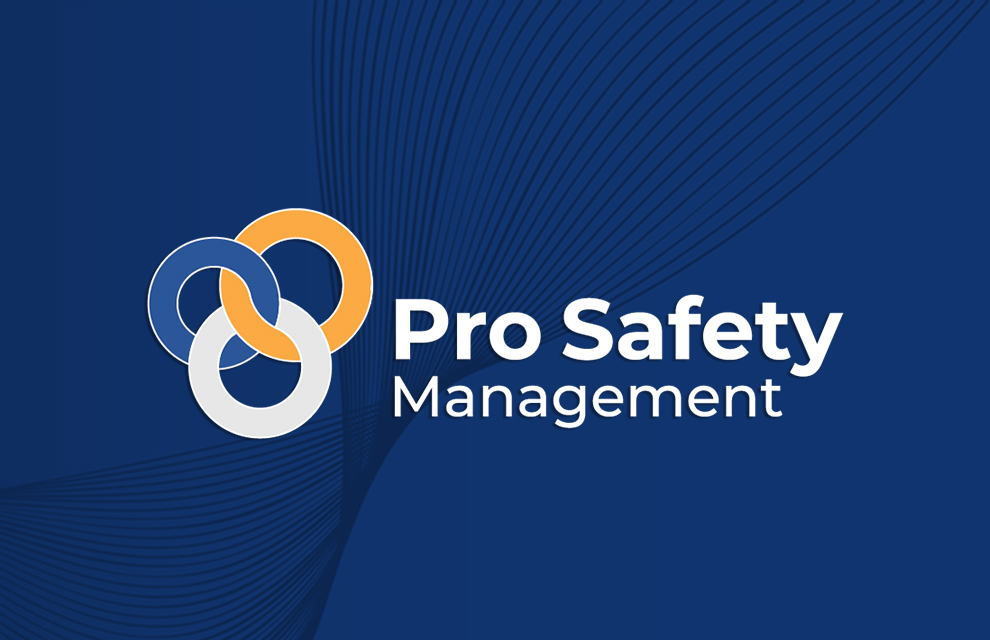
I hope you enjoy reading this blog post.
If you want my team to just do your health and safety for you, click here.
How many Health and Safety Audits Should You Do?

In my experience, I’ve seen companies carry out far too many audits.
But without seeing any real benefit in safety performance.
It looks a bit like this.
A company contracts a consultant to do 40 audits a month.
The consultant carries out the same audit on the same departments and the same people every month.
Finding the same actions which they found the last month, some of which have been closed-out, but others still remained open.
The result is engineers become irritated and sometimes resentful.
Management don’t see the value in the results.
But then again, what is the alternative?
Doing less audits?
So let’s look at this in more detail.
How many health and safety audits, inspections or reviews should you do? (for ease in this blog we shall group them all as audits).
This is a very open question, that may have many personal views, for a number of reasons, however, we can break this into two main groups:
Regulatory / Customer / Asset Owner Requirements / ISO Standards
Sometimes the regulatory contract or ISO Standard sets out what’s expected.
The requirement is sometimes detailed within the relevant legislation, contracts, access agreements etc.
Not meeting the ISO clauses could see you not only lose your standard, but also face prosecution whereas not meeting customer or asset owners requirements may see you in breach of penalty clauses resulting in financial penalties, losses of access to an asset, or loss of a contract.
As a rule, I would consider auditing a minimum of 5% of all high-risk activities on an annual basis.
But this is for you to define based on health and safety performance targets within your business.
Business In-House Requirements
This is where the business decides how often they need to undertake audits, inspections, or reviews on the works that they are performing.
There is sometimes a fear of under-auditing, which creates a culture of over-auditing, this in itself is not healthy as it can lead to a number of negative effects:
- A feeling of lack of trust from work teams
- Loss of interest by those undertaking the inspection/audit of those being audited. This can create a sense of complacency and a reduced inquisitiveness as to what is really happening (good and bad) and why it is happening so a loss of learning
- Management of closeouts of raised actions – over-auditing often identifies the same low-hanging actions at multiple locations, which although is good to identify, you already know this, and so may be able to be better managed in other ways, saving time to focus on helping solve the issues
- Time and cost – all these audits take time both for the auditor and the individuals/teams being audited, on-site and for the closeouts – if they are not giving a real benefit this is just lost time
So what is the magic number?
The reason to undertake audits, inspections, reviews etc is for the business to continue to learn and discover:
-
What is working/is not working and where there are gaps. This could be:
How works are undertaken and planned
Suitability of procedures, risk assessments etc
Competence of workforce, training needs etc
Opportunity for leadership to be part of an audit - General compliance checks i.e. equipment inspections/servicing
If this is the reason that your business undertakes audits etc (and leaves supervision to the supervisors), the number of audits etc will depend on the believed benefit that you will gain from them.
Your decision on the number of audits etc will depend upon the risk, size, duration, and nature of the work taking place. The types of factors that help determine this may include (but are not limited to):
- Are they a new contractor/team or a newly promoted supervisor?
- The complexity of the works or the environment that they are working in?
- Is there a new task or a task that has not been undertaken for a while?
- Has an incident or concern been raised for similar works that your team is to undertake?
- Has a new procedure been created relevant to the tasks being undertaken?
The questions to ask will be relevant to your business and the activities that are to be undertaken, but the primary question that should be asked is what is the benefit that you are gaining from the audits?
You may decide that the benefit is great and that more audits will add value to your understanding of the business risks, or you may decide that the audits are giving the same results, and issues are raised so decide that you do not need more audits but to use this time to help manage the concerns raised.
Alternatively, you may decide to look at other ways to gain learnings from your workforce through different approaches to workforce engagement such as leadership visits, team brainstorming, or debrief sessions.
Procedures
It is key to note that the documented arrangements that your business has in place, be that through procedures, Construction Phase Plans, or other documents reflect what you are doing.
This is often where businesses, teams, or projects take a simple route to identify what they are to do with audits, etc i.e. stating they will undertake one audit etc per week on each project or team. Although this is simple and easy to meet, the question needs to be is it meeting the business needs in where and when to focus attention?
The use of planning & reflection type meetings may be a better tool to understand the business needs and where to focus time and attention and even the type of audit, inspection, review, or other workforce engagement tool (setting a floating KPI for a set time or project); then to review if these meetings were undertaken (did you meeting the floating KPI) and sharing the learnings.
Need further support?
Our qualified health and safety auditors can tailor audits to organisations of any type or size. Once the assessment has been completed, we produce a prioritised action plan with detailed recommendations for required improvements.
Do you want better compliance?
Hey, I’m Alex Burbidge. I’m determined to make a business health and safety compliant. My only question is, will it be yours?

About Pro Safety Management
We are a Specialist Telecoms Health and Safety Consultancy with over 40+ years experience. Serving some of the global leading telecommunication companies, we provide specialist and strategic health and safety management ensuring operational standards at the highest level.
Do you want better compliance?
Hey, I’m Alex Burbidge. I’m determined to make a business health and safety compliant. My only question is, will it be yours?



